The story of a two year old Tigrayan child born in Tigray’s remote countryside whose life was saved by a complex operation in 2019 illustrates how the loss of a tertiary center at Mekelle University impacts the community.
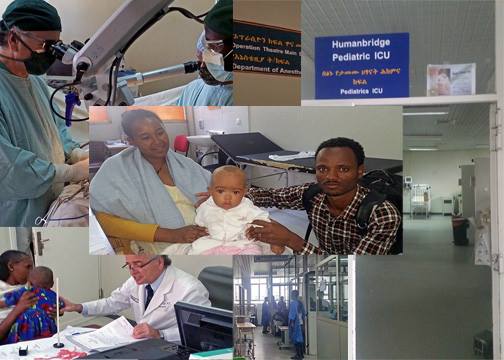
The two year old was seen by health officers of the Tigray Regional Health Bureau clinic in rural Ethiopia to have difficulty breathing through his nose. The family lived in mountains hours from the highway and were poor farmers. With the help of extended family, neighbors, and church members they collected some money to be able to travel by bus to Mekelle which took all day.
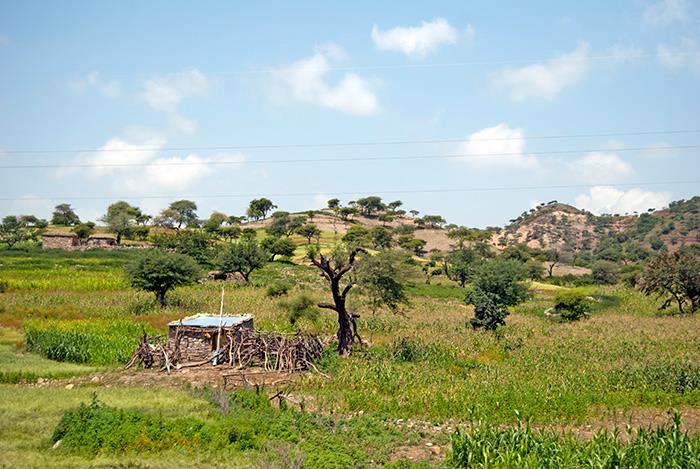
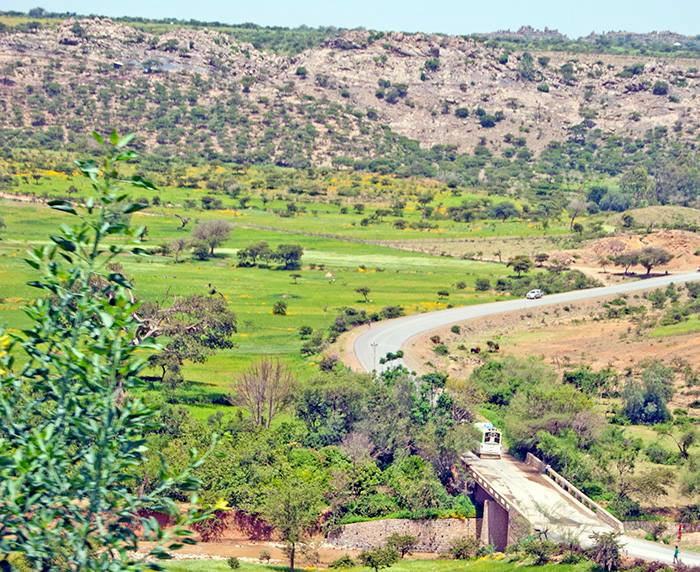
Pediatricians and Ear, Nose, and Throat specialists evaluated the child discovering a mass inside his nose. He was sent for a CT scan and referred to neurosurgery. This showed he had a birth abnormality where a portion of the brain which was not functional was lying in the sinuses of the nose. Without treatment he would eventually develop a fatal infection of the brain.
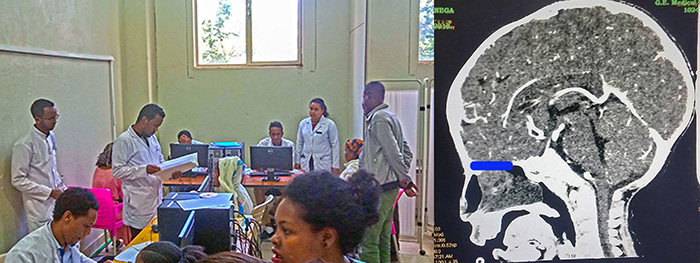
He was taken to surgery in a joint operation with ENT and Neurosurgery where the mass was removed and the brain sealed. Here he was seen on the medical campus with his parents visiting a few weeks later.

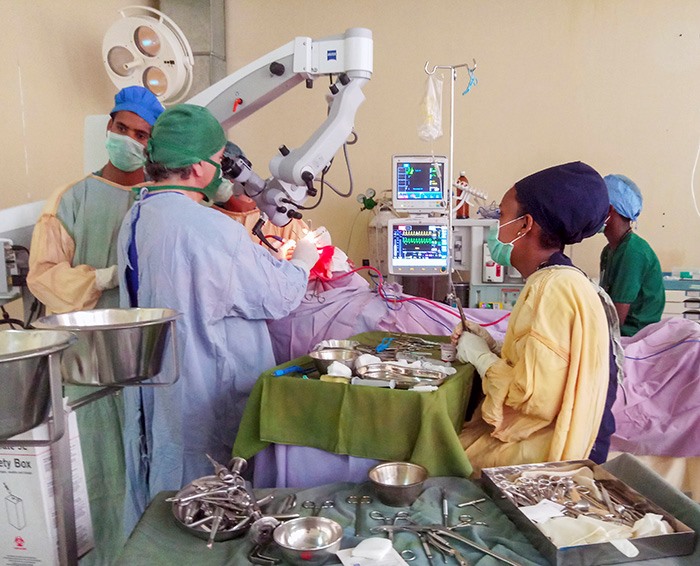
The medical blockade of Tigray has resulted in a death sentence for thousands of children who have treatable conditions who could otherwise go on to live happy and productive lives. The advanced medical services at the Mekelle University Ayder Comprehensive and Specialized Hospital medical campus had provided specialized diagnostic, medical, surgical, and rehabilitative facilities which are now shut down.

